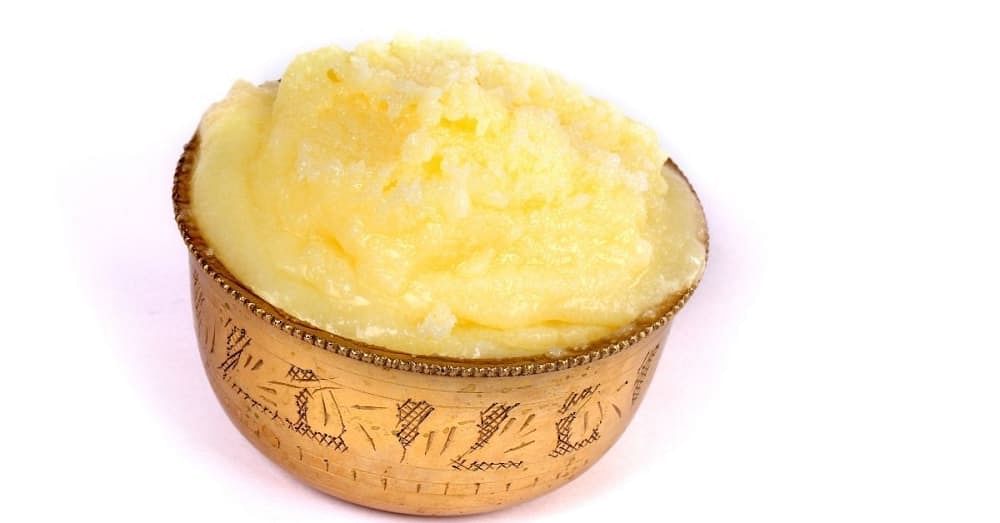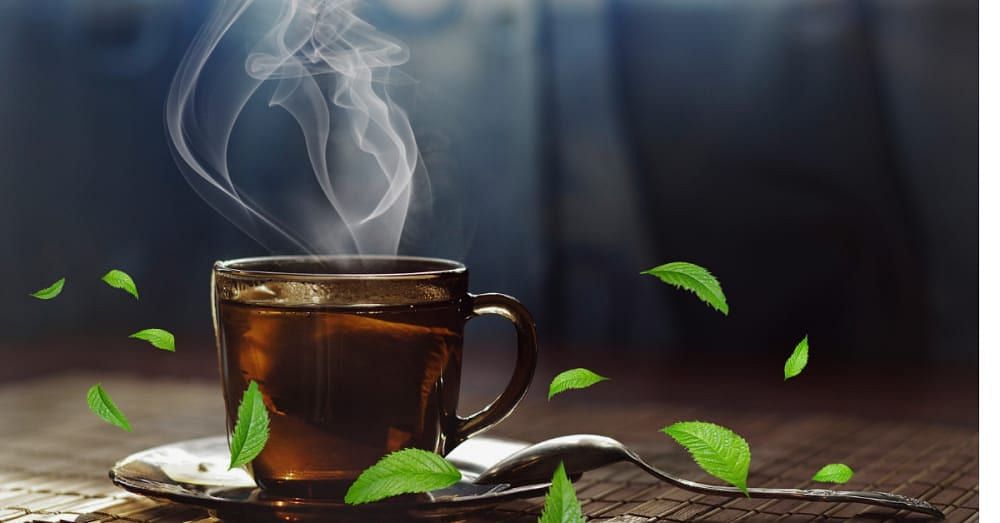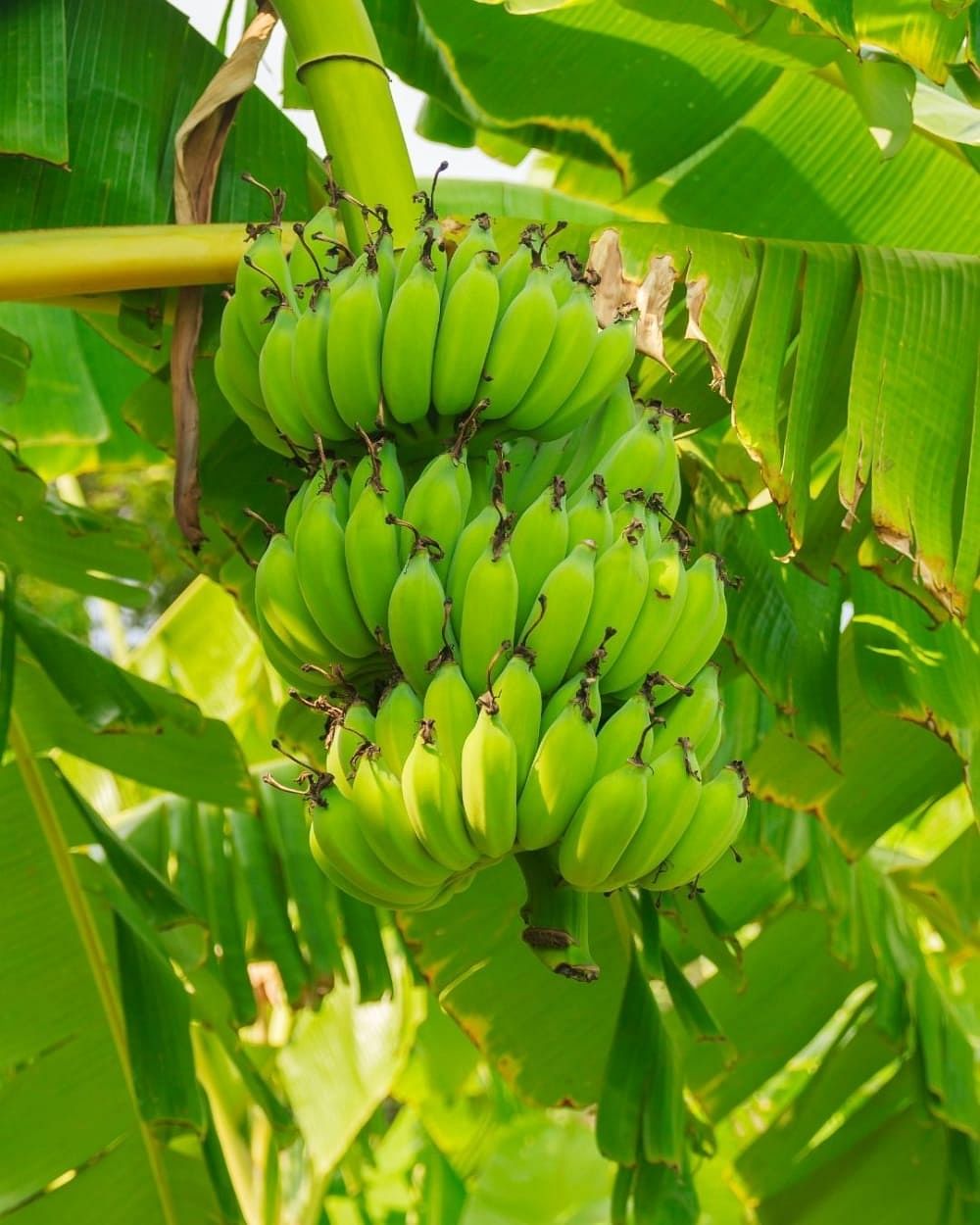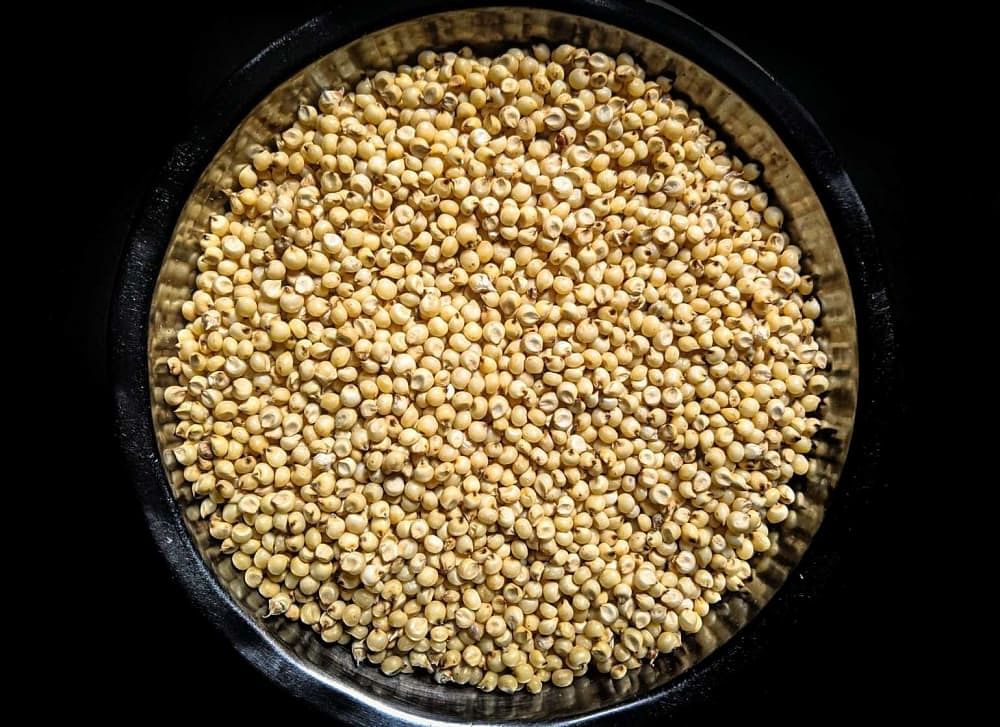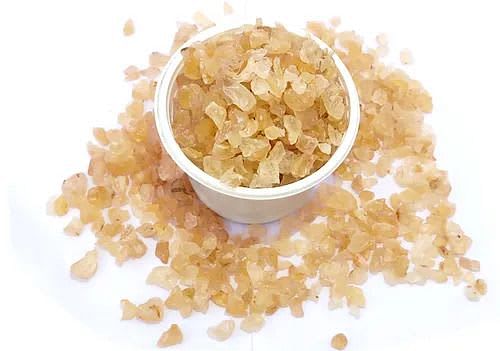When you think of cow ghee, what is the first thing that comes to mind?
Does it make your mouth water when you eat fluffy, hot chapatis covered in a generous serving of ghee? Or how about when you add a generous pour of ghee to your favourite dal tadka? Maybe you've had that delicious bowl of dry fruit halwa that was made with rich cow ghee, and suddenly you craved home-cooked food?
If these thoughts come to your mind, you know how important cow ghee’s ingredient is in Indian kitchens. It adds a unique flavour to every dish plus bears numerous health benefits that make it a staple in our diet. In this article, we will discuss the benefits of cow ghee holistically and also address some of its potential side effects.
Cow Ghee
Made from cow milk, cow ghee has a number of health benefits ranging from better immunity to beautiful skin and hair. The main component of it is the butterfat, along with water and milk proteins. The process of making cow ghee is as simple as cooking butter and then separating the butterfat. This method removes the proteins (whey and casein) as well as the milk solids. And by the end, what is left over is cow ghee.
Cow Ghee Nutrition
In 100 grams of cow ghee, the nutrients found are -
- 65g of saturated fat
- 198 mg of cholesterol
Ghee is a rich source of vitamin A, D, E & K, which are essential for maintaining normal cell structure and function.
Cow Ghee Benefits
Cow ghee nutrition is known all over the world. Some of them are stated as follows:
1. Provides Nutrients
Cow ghee is a good source of vitamins A, D, E, and K, which are necessary for normal cellular function and growth in humans.
2. Improves Digestion
Cow ghee improves gut health by revitalising the release of digestive enzymes, allowing food to be broken down more easily. It is quickly digested and absorbed by the body because it includes lower chain fatty acids.
3. Boosts Immunity
Because cow ghee is high in antioxidants, it also acts as an immunity booster by preventing the formation of free radicals in our bodies, which can lead to chronic health problems such as heart disease, inflammatory illness, cataracts, and a variety of other ailments.
4. Aids Bone Health
Desi ghee contains Vitamin K2, which aids the bones in absorbing calcium and thus helps in joint pain. It can help to improve bone health by increasing its strength and density.
5. Aids Clogged Nose
The Nyasa therapy for cold, according to Ayurvedic specialists, entails pouring a few drops of heated pure cow ghee into the nostrils first thing in the morning. As the ghee penetrates all the way down to the throat, it brings immediate relief and calm to it. Ascertain that the ghee is pure and has been warmed to a mild temperature.
6. Helps With Good Fat
Ghee is one of the most popular carriers for oleation, which is the process of absorbing oil over a period of time. This aids in the removal of fat-soluble poisons from the cells and initiates fat metabolism, a process in which the body begins to burn its own fat for fuel.
7. Aids the Intestines
Ghee is one of the highest quality food sources of butyric acid, making it an excellent choice for maintaining the health of the intestinal walls.
8. Safe for Heart
When compared to refined oil, ghee is a much safer bet for heart health. The fats in ghee are not linked to heart disease in the same way as long-chain fatty acids are because they are used immediately as energy by the body rather than being stored as fats.
9. Lactose Intolerance Benefit
Lactose is not present in ghee. It does not induce allergies in people who are allergic to dairy or casein.
10. Cow Ghee Benefits for Skin
Ghee provides necessary fatty acids that cause hydration in skin cells, resulting in skin moisturisation. It is a type of oil that can combine with other nutrients and herbs to reach the body's lowest layers. As a result, it is an excellent carrier element for enhancing the strength of particular herbs by transporting active ingredients to the interiors of skin cells.
11. Desi Ghee for Hair
It supports healthy cell growth on the scalp by nourishing it profoundly with these nutrients, which include omega-3 and omega-9 fatty acids, conjugated linoleic acid, vitamin A, vitamin D, carotenoids, and numerous minerals. Ghee also contains antioxidants, which aid in the fight against free radicals as well as bacterial and fungal problems on the scalp. It also soothes a dry, itchy, or flaky scalp caused by a lack of moisture in the scalp skin.
12. Cow Ghee Benefits in Ayurveda
Ghee is considered helpful to the body in Ayurvedic literature. It aids in the development of the sapta dhatus in our bodies. Not only that, but it's high in antioxidants and fat-soluble vitamins like A, E, and D. It also purifies the vata, pitta, and kapha doshas in our bodies.
Also Read: Does Ghee Increase Weight? Here's What A Nutritionist Has to Say!
Cow Ghee Vs Buffalo Ghee
Let's dive straight into the reasons why cow ghee is far superior to buffalo ghee -
- Regarding the health benefits of buffalo ghee, those who consumed cow ghee had higher cholesterol levels, fewer calories, and less fat. In contrast, those who consumed buffalo ghee had fewer cholesterol issues, fewer calories, and not as much fat.
- Cow ghee is good for losing weight (fewer calories), reducing obesity in children and adults, whereas buffalo ghee is excellent for maintaining healthy bones, gaining weight (added calories), and enhancing cardiovascular muscle activity.
- Children and the elderly can use ghee, but cow ghee offers a different health benefit, especially with children. It reduces laziness and prevents obesity. Healthy organic cow ghee relieves coughs and colds and clears phlegm.
- You can even massage cow's ghee (after warming it) onto your chest for better breathing. Buffalo ghee should only be consumed by those who are physically active.
- Ghee is beneficial for weight management since it contains conjugated linoleic acid (CLA). It helps manage weight, reduce sugar-associated conditions, and lower insulin levels. While cow ghee does not cause body fat to accumulate, buffalo ghee does.
- Cow ghee has many benefits for the skin, including rich antioxidants, retaining glowing skin, and fighting free radicals. It also reduces dryness, making the skin soft and moisturising. Cow ghee even eliminates multiple skin conditions.
Side Effects of Desi Ghee:
The following are some of the side effects of cow ghee:
1) Cow ghee is high in saturated fatty acids, which have been related to heart disease and stroke. As a result, it is recommended that you consume cow ghee in moderation.
2) Ghee that has been adulterated may include unhealthy fats. As a result, it's recommended to make your own ghee at home or buy ghee from reputable suppliers. Consumption of ghee has been linked to symptoms of constipation, as well as nausea and vomiting, in some studies. Start with small amounts of ghee if you wish to incorporate it into your diet.
3) If you have a respiratory condition such as bronchitis or TB, you should avoid consuming ghee, as it leads to thickening of arteries. Thus, it creates problems in transporting oxygen to various parts and organs of the body.
Summing Up on Cow Ghee Benefits
As a staple in Indian cooking and as a supplement to Ayurvedic medicine, cow ghee is rich in nutrients that help keep the body healthy and immune to disease. From the eye to the abdomen, ghee affects large parts of the body; even the bones tend to become more robust due to its consumption.
In addition to its uses in cooking, cow ghee is also used to speed up the healing of wounds. However, since cow ghee is high in fat, it should not be consumed by people who are obese or who suffer from heart and kidney problems.
Faqs
Is Cow Ghee Good for Health?
Yes, Cow Ghee is good for health.Omega-3 fatty acids present in this ghee play an important role in maintaining cardiovascular health. Desi cow ghee is rich in A2 protein, which assists in building HDLs or High-Density Lipoproteins, which help lower cholesterol levels by drawing them out of the bloodstream.
Who Should Avoid Ghee?
Cow ghee is high in fat content; it should not be consumed by obese or people with heart and kidney problems.
Does Cow Ghee Cause Gas?
No, cow ghee does not cause gas. On the contrary, ghee is rich in butyric acid, which is said to help relieve gastric problems. Besides improving metabolism, butyric acid also improves stool frequency and movement. It also relieves abdominal pain, gas, bloating and other constipation symptoms.

